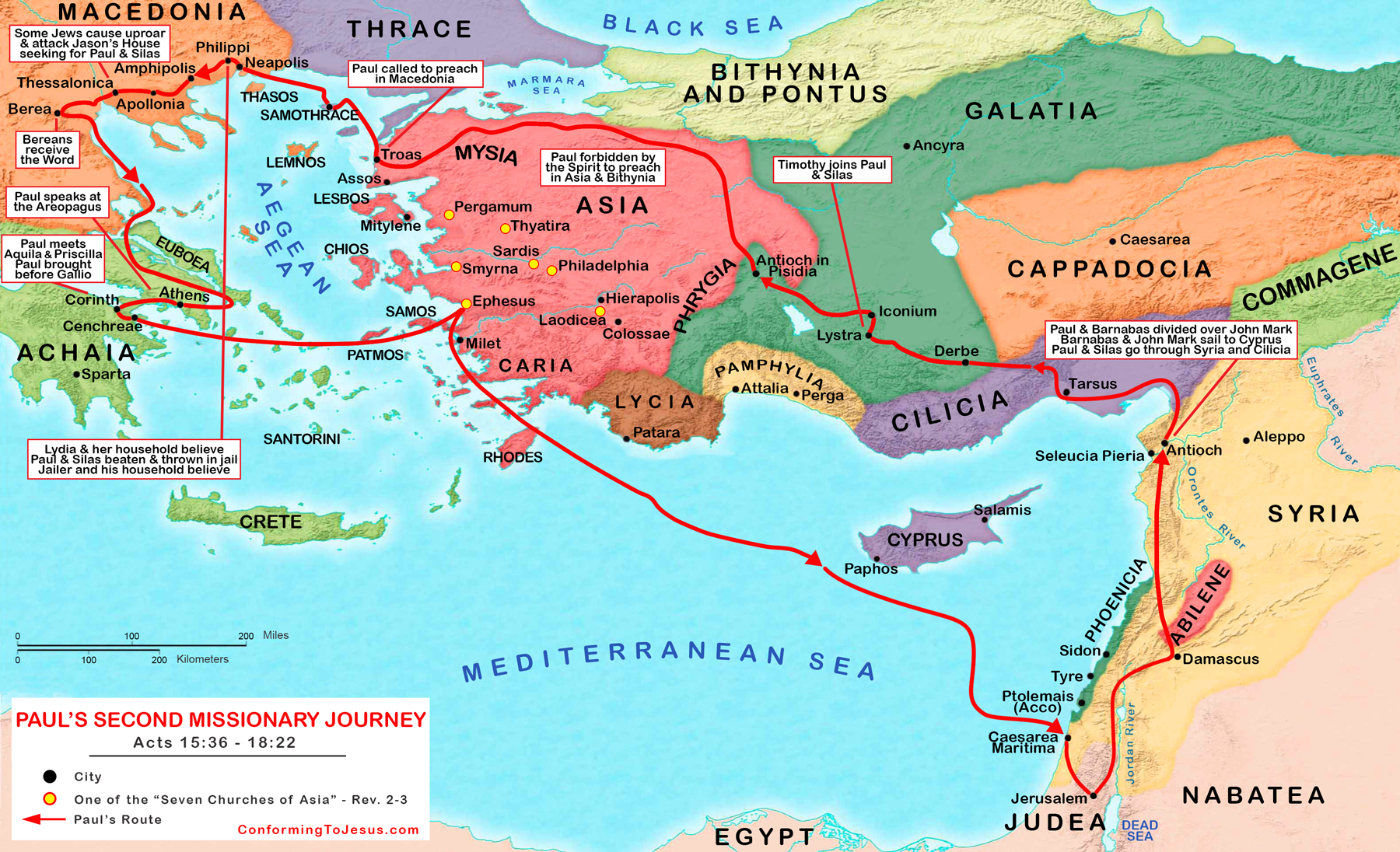
That’s how a well-known California pastor begins his Ephesians 5:15-21 sermon.
My brother, I know you’re calming your church’s nerves about Paul’s command to be “filled with the Spirit; but you’re painting with a way too-broad brush. You imply every revivalist’s tent has shady stuff going on. And that all Pentecostals have shoddy theology and use gimmicks. I’m a Pentecostal. Without a tent. My theology’s not shoddy. And I don’t use gimmicks.
With that introduction, Ephesians 5:15-21 demands unpacking . . .
“Therefore be careful how you [live], not as unwise men but as wise, making the most of your time, because the days are evil. So then do not be foolish, but understand what the will of the Lord is. And do not get drunk with wine, for that is [reckless, immoral, wasteful living] but be [being] filled with the Spirit, speaking to one another in psalms and hymns and spiritual songs, singing and making melody with your heart to the Lord; always giving thanks in the name of our Lord Jesus Christ to God, even the Father; and be subject to one another in the fear of Christ” (NAS).
Paul fills Ephesians chapters 4-6 with exhortations. “ . . . lead a life worthy of the calling you have received” (4:1) is the banner hanging over all. The others define how to lead a worthy life. “ . . . you must no longer live as the Gentiles do . . . ” (4:17) . . . “Be imitators of God, as beloved children . . . ” (5:1) . . . “Be careful how you live, not as unwise people but as wise, making the most of your time, because the days are evil” (5:15).
Wise, careful-living Christians understand that the days are evil. They’re not looking for a demon behind every bush. But they know that “our struggle is not against enemies of flesh and blood, but against the rulers, against the authorities, against the cosmic powers of this present darkness, against the spiritual forces of evil in the heavenly places” (Ephesians 6:12). Evil powers are out there.
It’s interesting that evil days are the context for “be filled with the Spirit”. That’s the positive part of Paul’s command. The negative: “ . . . do not get drunk with wine . . . ” Not, “do not drink wine”. But, “do not get drunk with wine”. Why? Because if you get drunk, you’re living recklessly, immorally and wastefully. And that’s foolish and unworthy of your calling.
“ . . . but be filled with the Spirit”. John Piper says (half-jokingly) Paul meant to write “be drunk with the Spirit.” In other words, don’t put yourself under the influence of wine. But, if you insist on getting “drunk”, get drunk with the Spirit. Paul’s not trying to create Christians who stagger around the room with slurred speech, or fall on the floor making animal noises.
He wants Spirit-influenced worship!
Dr. Gordon Fee (Professor Emeritus of New Testament Studies Regent College Vancouver) says God wants Christians whose lives are so totally given over to the Spirit “that the life and deeds of the Spirit are as obvious in their case as the effects of too much wine are obvious in the other”.
The apostle Paul put it this way . . .
” . . . speaking to one another in psalms and hymns and spiritual songs,
. . . singing and making melody with your heart to the Lord,
. . . always giving thanks for all things in the name of our Lord Jesus Christ to God, even the Father . . .”.
That’s the fruit of Spirit-empowered worship.
I’ve used the New American Standard translation for this text, because it’s true to the original Greek. The NIV, for instance, says, “Speak to one another . . . ” and “Sing and make music . . . “. It makes “speak” and “sing” commands, while the Greek is participles. Why the grammar lesson? Because participles aren’t commands; they reflect action. What action? Results. From being filled with the Spirit you (church) will be speaking to one another in psalms and hymns and spiritual songs. From being filled with the Spirit you will be singing and making melody with your heart to the Lord. From being filled with the Spirit you will always be giving thanks for all things in the name of our Lord Jesus Christ to God.
“ . . . be filled . . . ” is Greek present tense, implying “go on” or “keep on” being filled with the Spirit. Theologians from different camps argue about the number of times we can be filled with the Spirit. Is it one, at regeneration? Is there a “second blessing”—the baptism in the Holy Spirit? Paul says, “Keep on being filled with the Spirit!” In other words, we seek multiple fillings.
How? Pray. Study the Word. But I suggest Paul’s three participles signal not only results of Spirit-filling, but means. Get in a congregation where Christians are singing for others to hear. Where they’re singing and making music with their hearts to the Lord. Where they’re always giving thanks for all things in the name of our Lord Jesus Christ to God. And in that worship, you’ll be filled.
Can this kind of worship be both results of being filled and means? Grammatically that’s hard to prove. Logically it seems a stretch. But the Spirit, like wind, blows where he wants (John 3:8). So he can affect both results and means if he wishes.
What’s this got to do with not living foolishly in evil days? First, it clarifies Paul’s prohibition: don’t get drunk with wine and live a dissipated life. Don’t get caught up in the crowd who drink too much and influence you to go along.
Second, it offers us Paul’s counsel to be better equipped for living in evil days. Spirit-empowered worship is that way. It’s the kind of worship that leaves us sensing we’re standing on holy ground in the presence of the Holy One together with fellow-worshipers.
Only the Holy Spirit can do that.





 The question shouldn’t be left to Bible scholars or serious theologians. It has important practical and personal ramifications for the whole church of Jesus Christ.
The question shouldn’t be left to Bible scholars or serious theologians. It has important practical and personal ramifications for the whole church of Jesus Christ.


 How-To books sell. Maybe because about something we’re all “DUMMIES.” I’m not admitting to “dummie-hood;” but, since reading the apostle Paul’s imperative, “But I say, walk by the Spirit” in Galatians 5:16 (see link . . .
How-To books sell. Maybe because about something we’re all “DUMMIES.” I’m not admitting to “dummie-hood;” but, since reading the apostle Paul’s imperative, “But I say, walk by the Spirit” in Galatians 5:16 (see link . . . 
Recent Comments